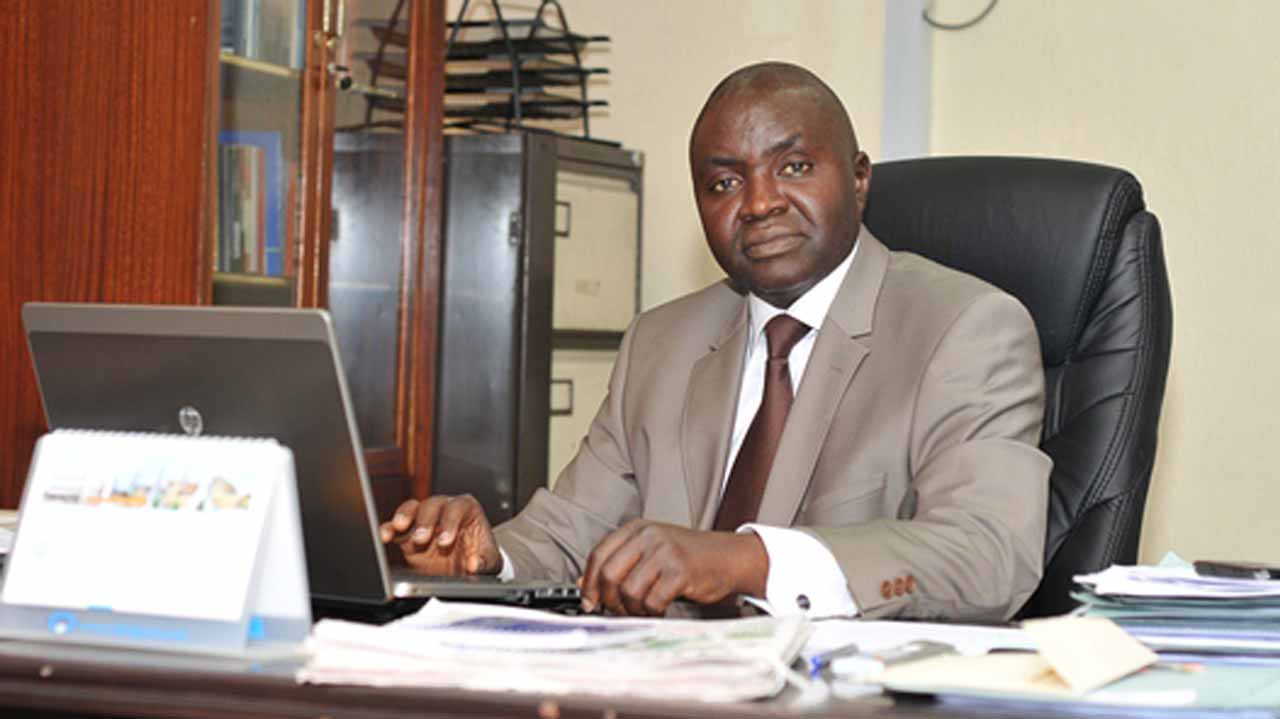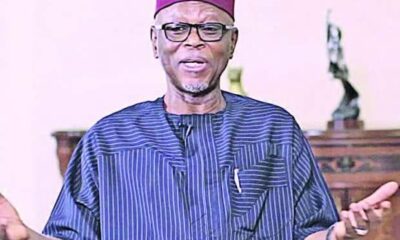Business
Nigeria’s fiscal reforms delivering gains, but impact dampened by inflation – CPPE

Nigeria’s sweeping fiscal and tax reforms have boosted government revenues and strengthened economic stability, but their real impact has been tempered by high inflation and a weakening naira, the Centre for the Promotion of Private Enterprise (CPPE) said in a report on Sunday.
The organisation, which focuses on advancing and protecting the private sector in Nigeria, observed that key reforms, including scrapping petrol subsidies and unifying multiple exchange rates, have “significantly boosted government revenues, expanded fiscal space, and improved the capacity for public investment.”
It noted that increased collections from value-added tax and company income tax reflect improved compliance and a steady rebound in economic activity, with many states recording higher revenues and bigger allocations to agriculture, infrastructure, and social development.
That said, the CPPE warned that soaring prices and currency depreciation are eating away at these fiscal gains.
“It is therefore important to assess fiscal outcomes in both nominal and real terms to maintain credible expectations and policy balance,” the report stated.
“Nigeria’s fiscal and tax reforms have delivered important progress in expanding revenue and improving fiscal sustainability. The next phase must focus on deepening revenue diversification, enhancing spending efficiency, and aligning fiscal outcomes with real economic performance,” CEO Muda Yusuf.
The report highlights the limits of Nigeria’s fiscal capacity compared with other African economies. In dollar terms, Nigeria’s 2025 national budget of about $36.7 billion remains small relative to its peers, far behind South Africa ($141 billion), Algeria ($126 billion), Egypt ($91 billion) and Morocco ($73 billion).
The CPPE stated that this shows the urgency of diversifying revenue sources, growing public-private partnerships, and stepping up non-tax revenue mobilisation.
With fiscal resources still limited, Mr Yusuf called for a greater focus on spending efficiency.
He identified infrastructure, food security, productivity, security, and human capital as priority areas for high-impact investment.
He also urged governments at all levels to minimise waste and firm up links between public spending and measurable outcomes in line with fiscal responsibility benchmarks.
At the subnational level, the CPPE noted that many state governments have benefited from higher federal allocations and improved internally generated revenue (IGR).
It said matching fiscal priorities with local needs would help minimise overreliance on federal allocations and promote even development.
The CPPE recommended that tax reforms be implemented with “flexibility, continuous stakeholder consultation, and evidence-based adjustments.”
It urged the government to strengthen fiscal discipline, measure fiscal gains by adjusting for inflation and exchange rate effects, and communicate outcomes transparently.
“With prudent management, stakeholder collaboration, and social sensitivity, these reforms can lay a solid foundation for a more resilient, productive, and inclusive Nigerian economy,” Mr Yusuf said.
(Premium Times)
-

 News10 hours ago
News10 hours agoKaduna, police dismiss church attack, 100 worshippers’ kidnap
-

 News10 hours ago
News10 hours agoThe job scam syndicate luring Nigerians into Ukraine-Russia war
-

 Sports9 hours ago
Sports9 hours agoAfter AFCON Exploits, Super Eagles Rank Among Africa’s Top Three
-

 Metro9 hours ago
Metro9 hours agoFather of Kano murder suspect demands son’s death
-

 News9 hours ago
News9 hours agoIntersociety accuses New York Times of falsifying report, says Christian genocide data verified
-

 News10 hours ago
News10 hours agoAmnesty deal: Outrage mounts as Katsina moves to release 70 bandits
-

 Politics10 hours ago
Politics10 hours agoADC, Obidient collaboration will unseat APC – Odigie-Oyegun
-

 News24 hours ago
News24 hours agoBREAKING: Tinubu confers GCON on business associate Chagoury


















